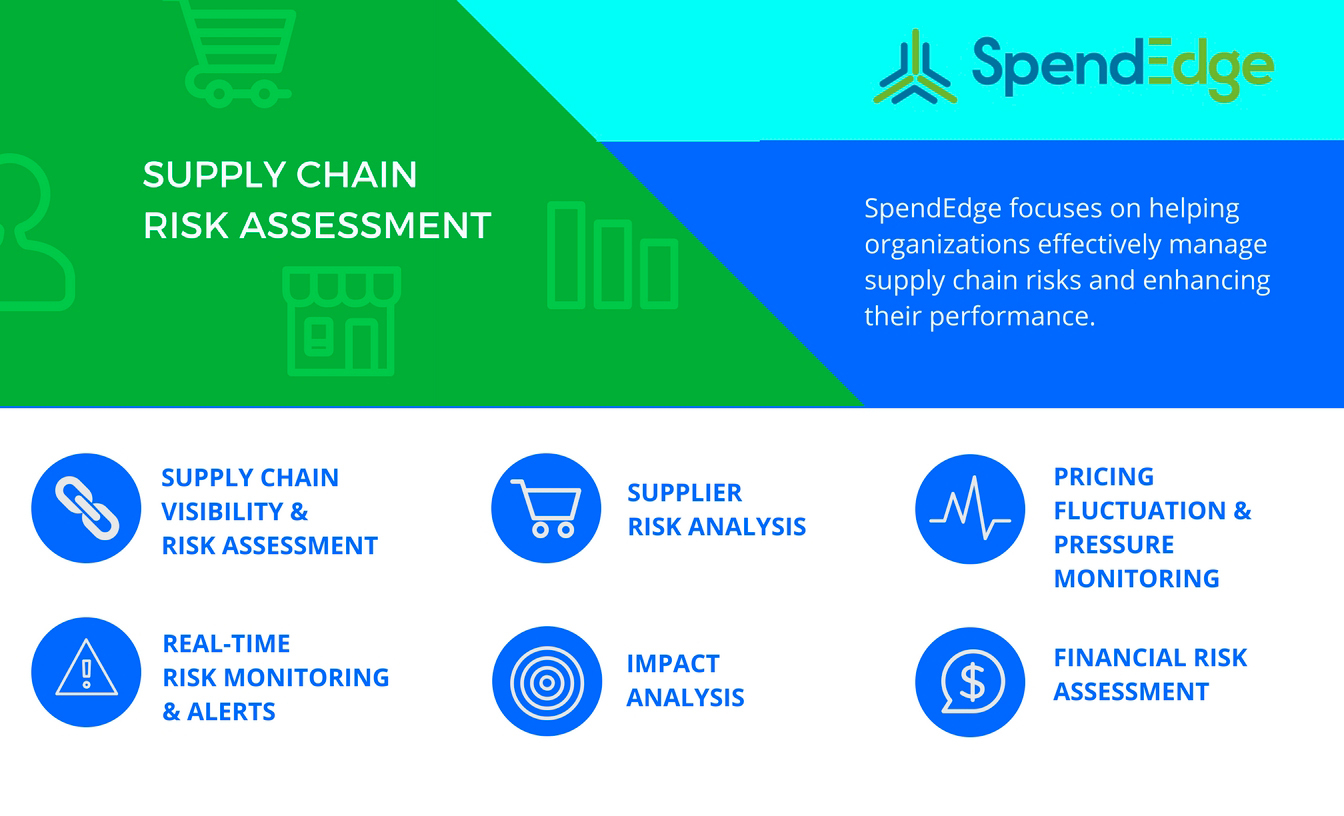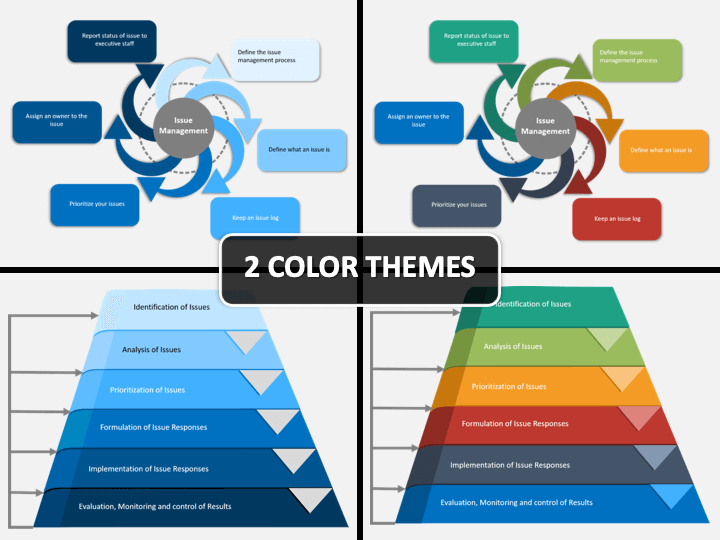
You are probably familiar with apprenticeships or internships. But, what about mentorship in the construction industry? A corporate environment makes it easy to envision a mentorship program for construction workers. Boeing, an aerospace giant with a strong professional development program, emphasizes peer mentoring. Even local construction companies may have small mentorship programs.
Not enough construction mentors?
Due to increasing project backlogs as well as a shortage skilled labor, the construction sector needs a more robust system of mentoring its future workers. 86% say that they have difficulty filling positions in salaried or hourly crafts jobs. Arizona alone will need 228,000 craft professionals by 2024. Mentoring is a key aspect of this system, and widespread commitment to this system could revolutionize the entire industry.
The ACE Mentor Program of America is a great resource for high school students interested in pursuing a career in construction. The national nonprofit organization utilizes a network volunteer mentors to expose young students to real-world possibilities and promotes the importance building trades careers. There are also scholarships and grants available. Another important resource is the National Association of Women in Construction, which prioritizes mentorship and has a robust voluntary mentorship program. The association also has guidelines for mentors, mentees.

Important role of mentorship in construction
Mentorship is a key way to develop future workers. Mentorship can help to foster a culture that encourages success and support young professionals within the company. Mentors can impart their knowledge and experience to their protégés, who then can pass them on. Construction companies can help to build the next generation leaders by encouraging mentorship.
Mentoring can not only boost an individual's self-confidence but also provide valuable opportunities. Contact with more experienced coworkers is a great way to reorient your efforts and clarify your career goals. A strong commitment to mentorship of construction workers could have a major positive effect on the industry.
Mentorship in construction can help young talents get the job that they desire by showing them how to work in this industry. Mentors can demonstrate to apprentices how to use systems and machines, as well as how to handle clients. Successful internships can eventually lead to full-time employment after graduation.
Registration rules for construction mentors
The South African Council for Project and Construction Management Professions (SACCPMP) has released new registration rules for Construction Mentors. These rules have been improved to make the process more straightforward for those interested. There are a limited number of people who have successfully applied for registration as Professional Construction Mentors. This category is intended to attract people with industry experience and skills.

Being a mentor in construction has many benefits. These benefits include more job opportunities and better business development. But, it is not certain that being a mentor will increase your job prospects. Registering to become a mentor is a good idea. Although mentoring is not guaranteed to land you a job in the future, it can be a great way to get started in your career.
FAQ
What is TQM?
The quality movement was born during the industrial revolution when manufacturing companies realized they could not compete on price alone. They needed to improve the quality and efficiency of their products if they were to be competitive.
In response to this need for improvement, management developed Total Quality Management (TQM), which focused on improving all aspects of an organization's performance. It included continuous improvement and employee involvement as well as customer satisfaction.
How do you define Six Sigma?
Six sigma is a common concept for people who have worked in statistics or operations research. Anybody involved in any aspect or business can benefit.
It requires high levels of commitment and leadership skills to be successful.
What are the five management methods?
Planning, execution, monitoring and review are the five stages of any business.
Planning means setting goals for the long-term. Planning involves defining your goals and how to get there.
Execution is when you actually execute the plans. Everyone involved must follow them.
Monitoring is checking on progress towards achieving your objectives. Regular reviews should be done of your performance against targets or budgets.
Review events take place at each year's end. They allow for an assessment of whether all went well throughout the year. If not, then it may be possible to make adjustments in order to improve performance next time.
Following the annual review, evaluation is done. It helps you identify the successes and failures. It also provides feedback on the performance of people.
What are the four main functions of management?
Management is responsible for planning, organizing, directing, and controlling people and resources. This includes setting goals, developing policies and procedures, and creating procedures.
Management assists an organization in achieving its goals by providing direction, coordination and control, leadership, motivation, supervision and training, as well as evaluation.
The following are the four core functions of management
Planning - Planning is about determining what must be done.
Organizing - Organizing involves deciding how things should be done.
Directing - Directing means getting people to follow instructions.
Controlling – This refers to ensuring that tasks are carried out according to plan.
Why is Six Sigma so popular?
Six Sigma is easy to implement and can produce significant results. Six Sigma provides a framework to measure improvements and allows companies to focus on the most important things.
Why is it so important for companies that they use project management techniques
To ensure projects run smoothly and meet deadlines, project management techniques are employed.
This is because many businesses depend heavily upon project work to produce products and services.
Companies must manage these projects effectively and efficiently.
Without effective project management, companies may lose money, time, and reputation.
How does a manager learn to manage?
You can improve your management skills by practicing them at all times.
Managers must constantly monitor the performance of their subordinates.
You must act quickly if you notice that your subordinate isn’t performing to their standards.
You should be able pinpoint what needs to improve and how to fix it.
Statistics
- The BLS says that financial services jobs like banking are expected to grow 4% by 2030, about as fast as the national average. (wgu.edu)
- This field is expected to grow about 7% by 2028, a bit faster than the national average for job growth. (wgu.edu)
- The average salary for financial advisors in 2021 is around $60,000 per year, with the top 10% of the profession making more than $111,000 per year. (wgu.edu)
- Our program is 100% engineered for your success. (online.uc.edu)
- UpCounsel accepts only the top 5 percent of lawyers on its site. (upcounsel.com)
External Links
How To
How can I obtain my Six Sigma license
Six Sigma is a tool for quality management to improve processes and increase efficiency. It is a method that enables companies to achieve consistent results with their operations. The name "Sigmas" comes from the Greek words "sigmas", meaning "six". This process was developed at Motorola in 1986. Motorola realized that standardizing manufacturing processes was necessary to make products more efficient and less expensive. There were many people doing the work and they had difficulty achieving consistency. To solve this problem, they decided to use statistical tools such as control charts and Pareto analysis. They would then apply these techniques to all aspects of their operation. After applying the technique, they could make improvements wherever there was potential. When you are trying to obtain your Six Sigma certification, there are three steps. The first step is to find out if you're qualified. You will need to complete some classes before you can start taking the tests. After passing the classes, you will be able to take the tests. You'll need to go back and review all the information you received in class. Then, you'll be ready to take the test. If you pass, then you will become certified. And finally, you'll be able to add your certifications to your resume.